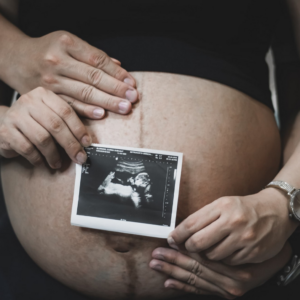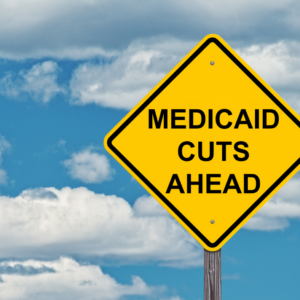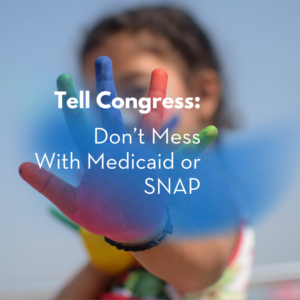
Ripple Effects of Proposed SNAP Cuts: The Connection Between Reductions to SNAP and Child Welfare Involvement
Even without cuts to SNAP, Arkansas has the highest food insecurity rate in the country at a rate of 18.9%.


Even without cuts to SNAP, Arkansas has the highest food insecurity rate in the country at a rate of 18.9%.

Cuts to Medicaid and SNAP would increase hardship and deepen the effects of poverty at a time when many Arkansas families already struggle to put food on the table and afford health insurance, child care, and housing.

Arkansas would lose $200,000 next year alone, and $3.7 million over the next 10 years.

Including the USPS, more than 20,000 Arkansans hold federal government jobs.

Cuts to Medicaid would mean cutting critical support and services for children in foster care in Arkansas and their families.

Shifting responsibility to the states for the cost of food benefits will make SNAP access and benefits more uneven — if available at all.

Medicaid coverage is connected to better health and lower rates of disability over time.

Over the next 10 years, Arkansans would lose nearly $10 billion in health care coverage.

The budget proposals would be extremely harmful. And they do nothing to fulfill elected officials’ promises of easing economic burdens or bringing down the price of groceries.

These funds are used for education, health care, and infrastructure.